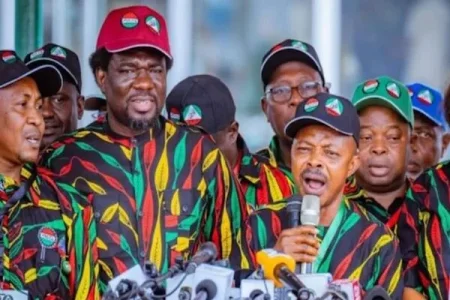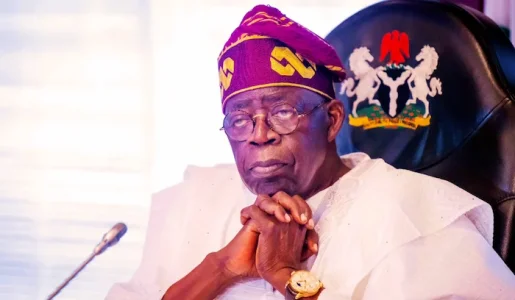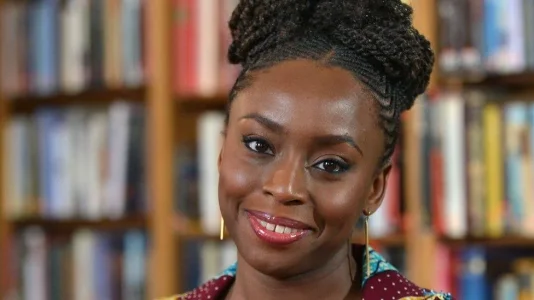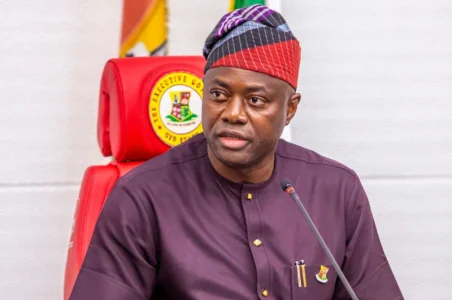
Nigeria's minimum wage debate intensifies as President Tinubu prepares to meet labor leaders. The government proposes N62,000, while unions demand N250,000. Local governments seek increased allocations to meet potential wage hikes. The outcome will significantly impact Nigeria's economic landscape and workers' livelihoods in the coming years.
President Bola Tinubu is set to meet with labor leaders on Thursday to continue discussions on a new national minimum wage. This meeting follows last week's inconclusive talks and comes amidst growing pressure from various stakeholders.
The Tripartite Committee on the New National Minimum Wage has proposed two figures: N62,000 from the government and private sector representatives, and N250,000 from Organized Labor. President Tinubu has requested more time for dialogue to harmonize these figures before submitting an executive bill to the National Assembly.
Minister of Information and National Orientation, Mohammed Idris, emphasized the government's commitment to finding a sustainable solution. He stated, "The government is working round the clock to ensure that it comes up with a minimum wage that works for all Nigerians."
Meanwhile, the Association of Local Government of Nigeria (ALGON) has called for a review of the revenue-sharing formula to favor local government areas. ALGON President Aminu Mu'azu-Maifata warned that without increased allocations, local councils would struggle to pay the new minimum wage.
The government is preparing to amend the 2024 budget to accommodate the wage increase. Idris explained that the Ministry of Budget has been directed to provide additional support for any gaps between the current budget and new requirements.
As the nation awaits the outcome of Thursday's meeting, all eyes are on President Tinubu to strike a balance between workers' demands and economic realities. The final agreed figure will be crucial in shaping Nigeria's labor landscape and economic trajectory in the coming years.




